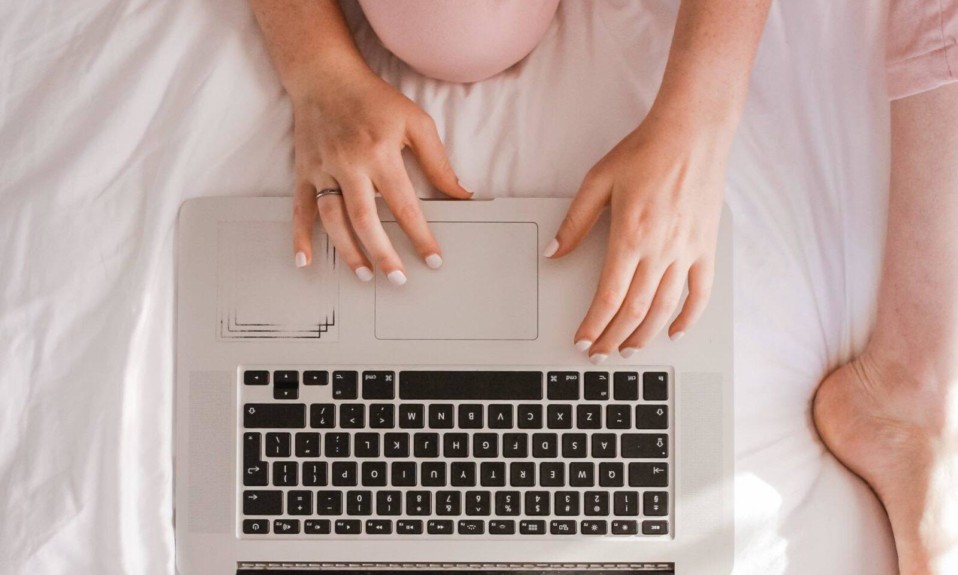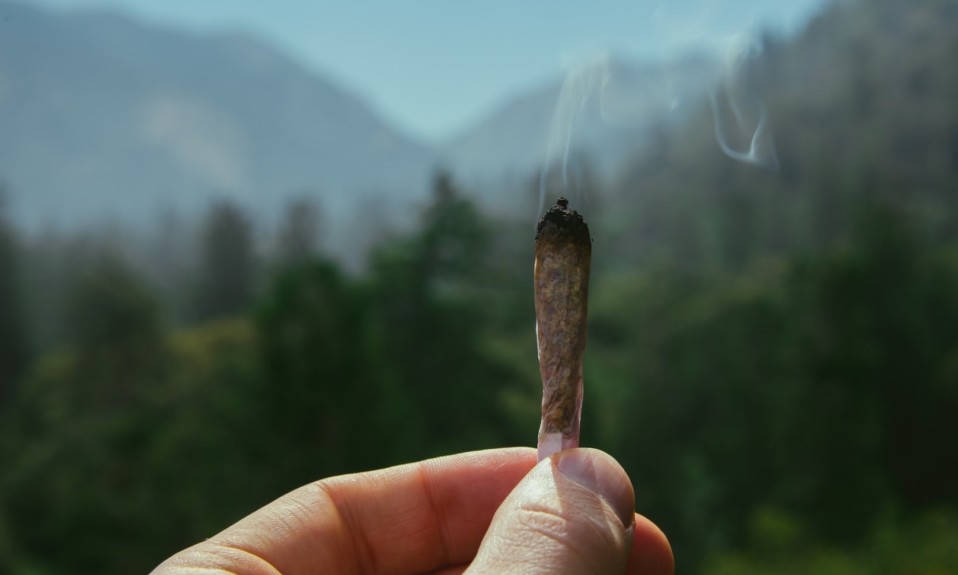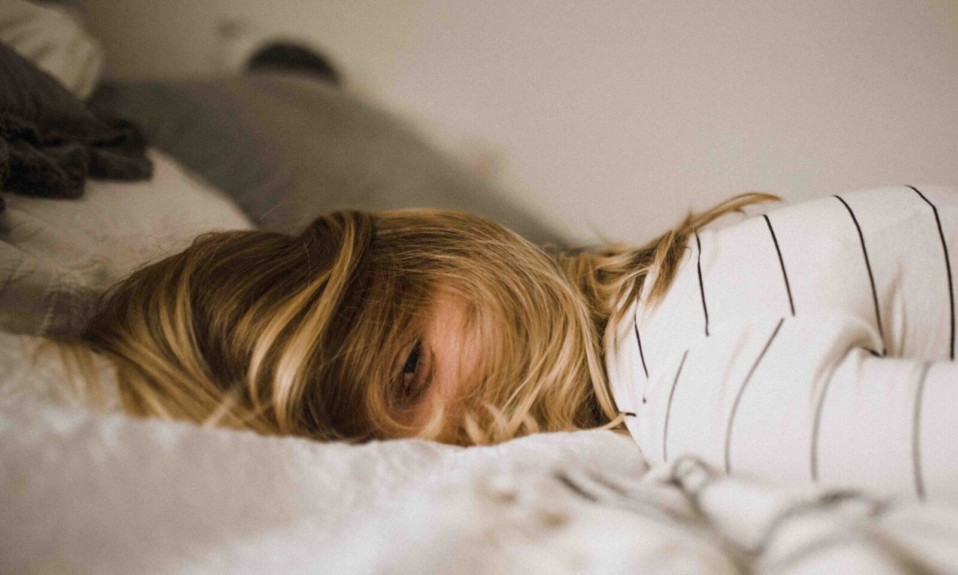A weekly roundup on the latest research and news in addiction, treatment, medicine and science
By William Wagner
October 20, 2020The COVID-19 pandemic has forced addiction treatment providers to lean much more heavily on virtual care. And…drum roll, please: It’s worked. The finding comes from the Hazelden Betty Ford Foundation’s Butler Center for Research.
This week, we also look at marijuana’s toxic relationship with opioids, the decriminalization of psychedelics in Ann Arbor, Mich., and the COVID-19 perils that might await us in the coming months.
Overall, our preliminary findings indicate that virtual IOP services have been as effective as in-person IOP treatment has been.”—Hazelden Betty Ford Foundation
From the Hazelden Betty Ford Foundation’s Butler Center for Research:
Promising Outcomes for Telehealth
When the COVID-19 pandemic hit last spring, the Hazelden Betty Ford Foundation accelerated a one-year telehealth pilot it had implemented and began providing most of its intensive outpatient (IOP) care virtually. The foundation’s Butler Center for Research then undertook a study to see how well this approach works, and the results are promising. The Butler Center’s report concludes, “Overall, our preliminary findings indicate that virtual IOP services have been as effective as in-person IOP treatment has been.” One of the most encouraging findings was that virtual-only patients attended therapy sessions more regularly than did their in-person-only counterparts. Additionally, there didn’t seem to be a drop-off in the quality of care for people who went virtual.
From Addiction:
Marijuana Isn’t a Viable Substitute for Opioids
Call it a blow to the role of marijuana in harm reduction. A study conducted by researchers at Columbia University’s Mailman School of Public Health dispels the claim that marijuana can work as a substitute for opioids. Worse, the study indicates that marijuana consumption might actually encourage the use of opioids. “Among U.S. adults with problem substance use who use non‐medical opioids, the odds of opioid use appear to be approximately doubled on days when cannabis is used,” the study reads. “This relationship does not appear to differ between people with moderate or more severe pain versus less than moderate pain, suggesting that cannabis is not being used as a substitute for illegal opioids.” Researchers observed 211 participants from the New York City area as part of the study.
From Filter:
Ann Arbor, Mich., Decriminalizes Psychedelics
Psychedelics have become a darling in some corners of the treatment community as a potential antidote for opioid addiction. We’ve reported on the work of Canadian neuro-pharmaceutical company MindMed, for example, which is trying to bring a psychedelic-inspired medicine to market that treats addiction. And while the recent action in Ann Arbor—decriminalizing naturally occurring psychedelics including psilocybin mushrooms, ayahuasca, peyote, San Pedro cacti and iboga—doesn’t have a medicinal aim, it does point to the mainstreaming of psychedelics. Santa Cruz, Calif., Oakland and Denver already have taken similar steps.
From Frontiers in Psychiatry:
A Toxic Trio: COVID, Drinking and Anxiety
As coronavirus cases spike and we face another round of confinement with winter fast approaching, a new report out of Washington State University seems particularly relevant. Researchers from the university surveyed 909 twin pairs in Washington between March 26 and April 5, right after stay-at-home orders went into effect in the state. Fourteen percent of those surveyed said they drank more during that period and experienced increased stress and anxiety; 11% drank less but still reported elevated levels of stress and anxiety. “These [stay-at-home] restrictions may have been successful in slowing the spread of new infections. However, the impact of social isolation and lockdown measures may exacerbate mental health problems such as stress and anxiety, which, in turn, may increase alcohol use as a coping mechanism,” the authors of the study write in Frontiers in Psychiatry.
Photo: Cory Checketts














